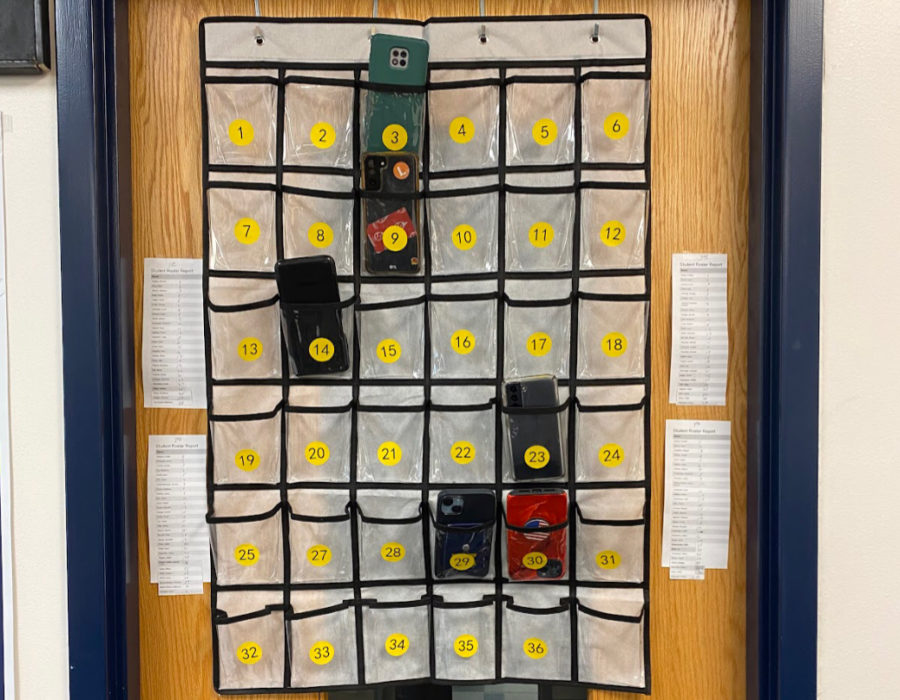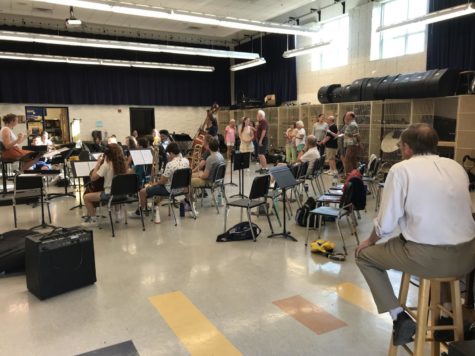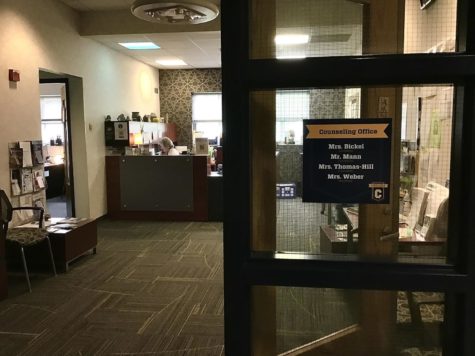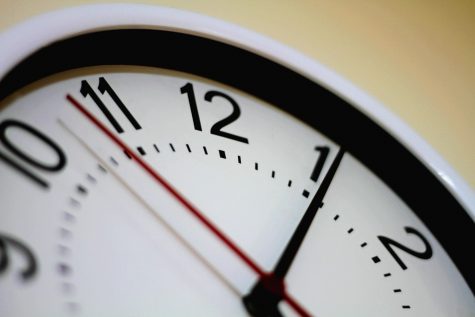Friend or Phone: Teachers and Students Deliberate on Appropriate Phone Policies in School
The rise of rampant cell phone usage in classrooms has come to a head in Chelsea High School, with teachers scrambling to find policies that will keep phones out of students’ hands and attention on the classwork. While some students appreciate the effort, others have differing opinions on the issue. One thing’s for certain, however; a balance must be found.
“I have a kindergarten phone cubby that I installed this year after watching other teachers successfully do it,” Pedlow said. “I think deep down, students want to be off their cell phones. For the most part, everyone puts them in [the cubby] and they know what to do coming in. On the first day, I was waiting for a lot of blowback from kids. No one said a word, which shows kids can get rid of their phone for 72 minutes and check them in the halls like we used to.”
Sophomore Mac Conrad agrees that this is the best method to ensure everyone is focused on learning and not on their devices.
“I think it’s necessary because a lot of people being on their phones can distract from the class,” they explained. “Sometimes people watch videos and play them really loud. It’s distracting to me as someone who has a hard time focusing with a lot of noise.”
However, some students strongly disagree with the idea of surrendering their phones at the beginning of class.
“I don’t like the pockets at all,” Hannah Schwarz (‘25) stated. “It’s more of a distraction for people to not have their phones on them and be thinking about their phones than to have them on their body.”
While many students cite potential emergencies as their need to have a cell phone in class, Pedlow thinks it goes much deeper.
“We know it’s terrible for mental illness,” he explained. “We know kids are happier without their phone. They just can’t stop themselves from checking Snapchat.”
Conrad even goes on to say that the classes that require them to put their phone away are better.
“I would honestly say my favorite class is Mrs. Putnam’s because she requires [our phones] to be on the wall, so I don’t want to reach for it,” they admitted. “It’s so everybody isn’t on their phones secretly or anything. It’s just easier that way.”
Despite how this may work for some students, it still isn’t a perfect policy, Schwarz explained. Some students may feel violated when being asked to hand over their personal property in a classroom setting.
“I don’t think the teachers should be able to make us put our phones somewhere,” Schwarz elaborated. “It can be optional, but I don’t think we should have to do it. Just because some of us really don’t want to and don’t see the need to put our phones in the pockets. It distracts us more to hear the phones buzzing on the wall because it echoes so much.”
Even though both sides of the argument have reasonable and understandable points, in the end it’s ultimately up to the teachers to do what they feel is best for their individual classrooms and students. In the future, Chelsea may see a change in administrative policy regarding cell phone regulations in the classroom, but for now it will continue to be left up to teachers.
“I think if every teacher had a policy where students dropped their phones off when they first entered the classroom, it would solve so many problems,” Pedlow said. “I was a late adopter. I fully realized that there were other teachers way ahead of me on this years ago, and I should have listened to them.”









